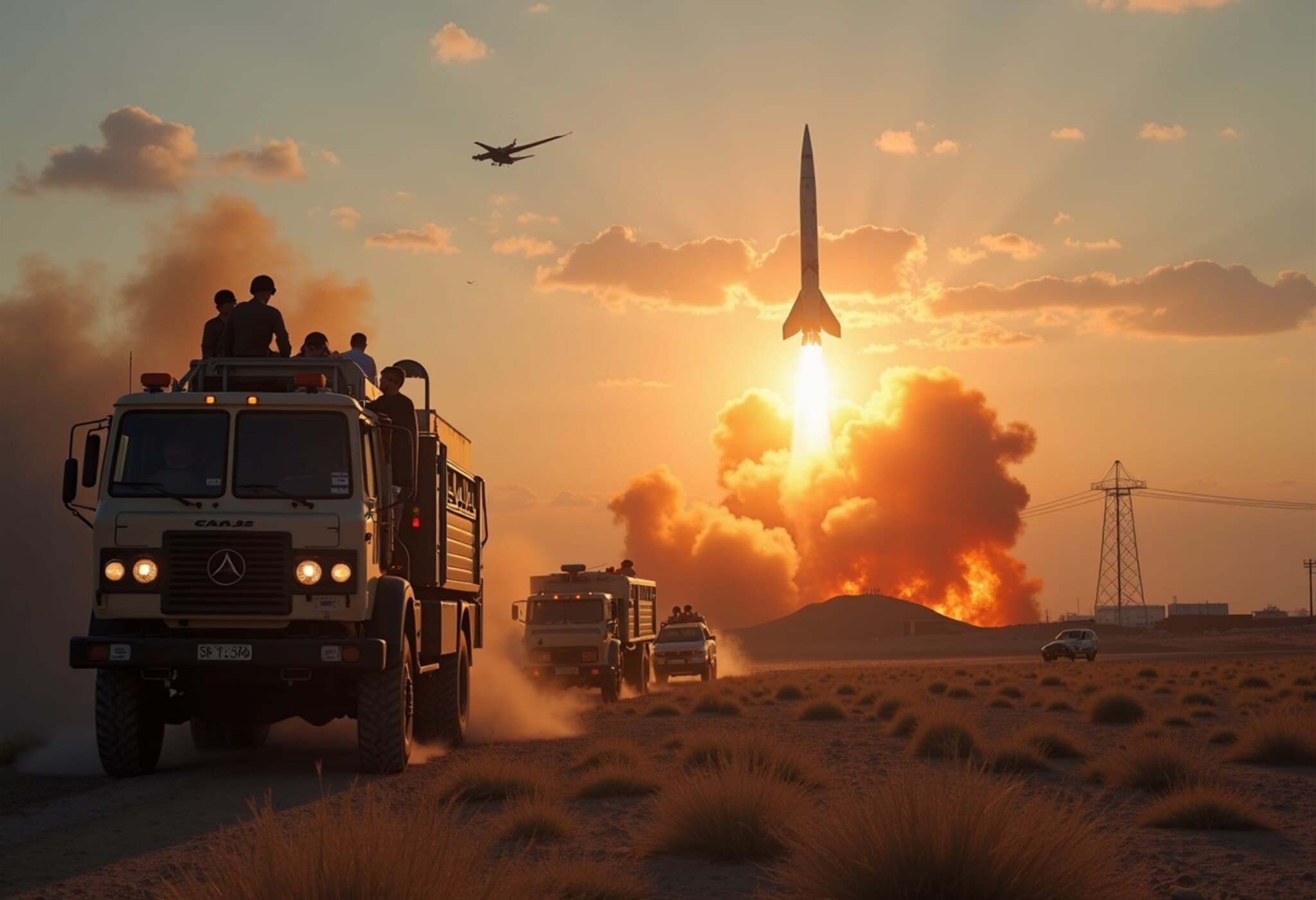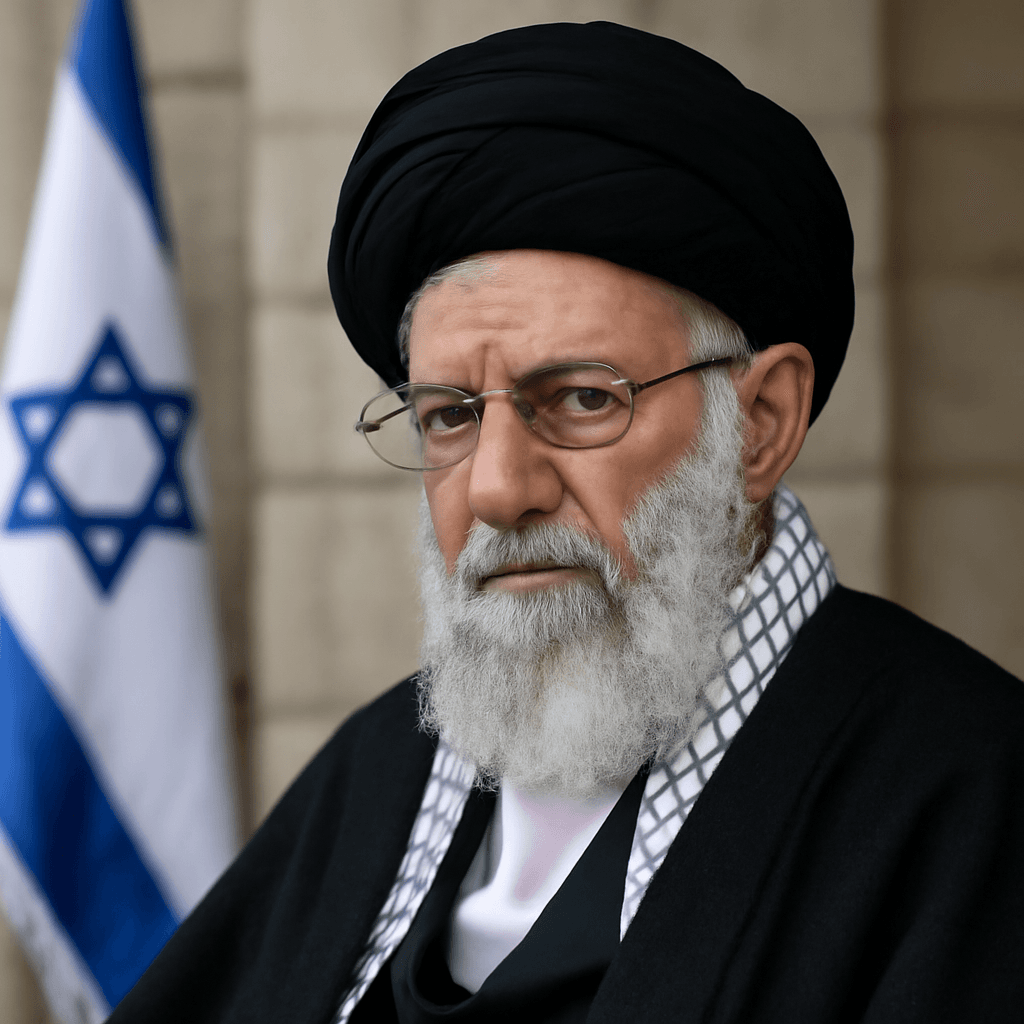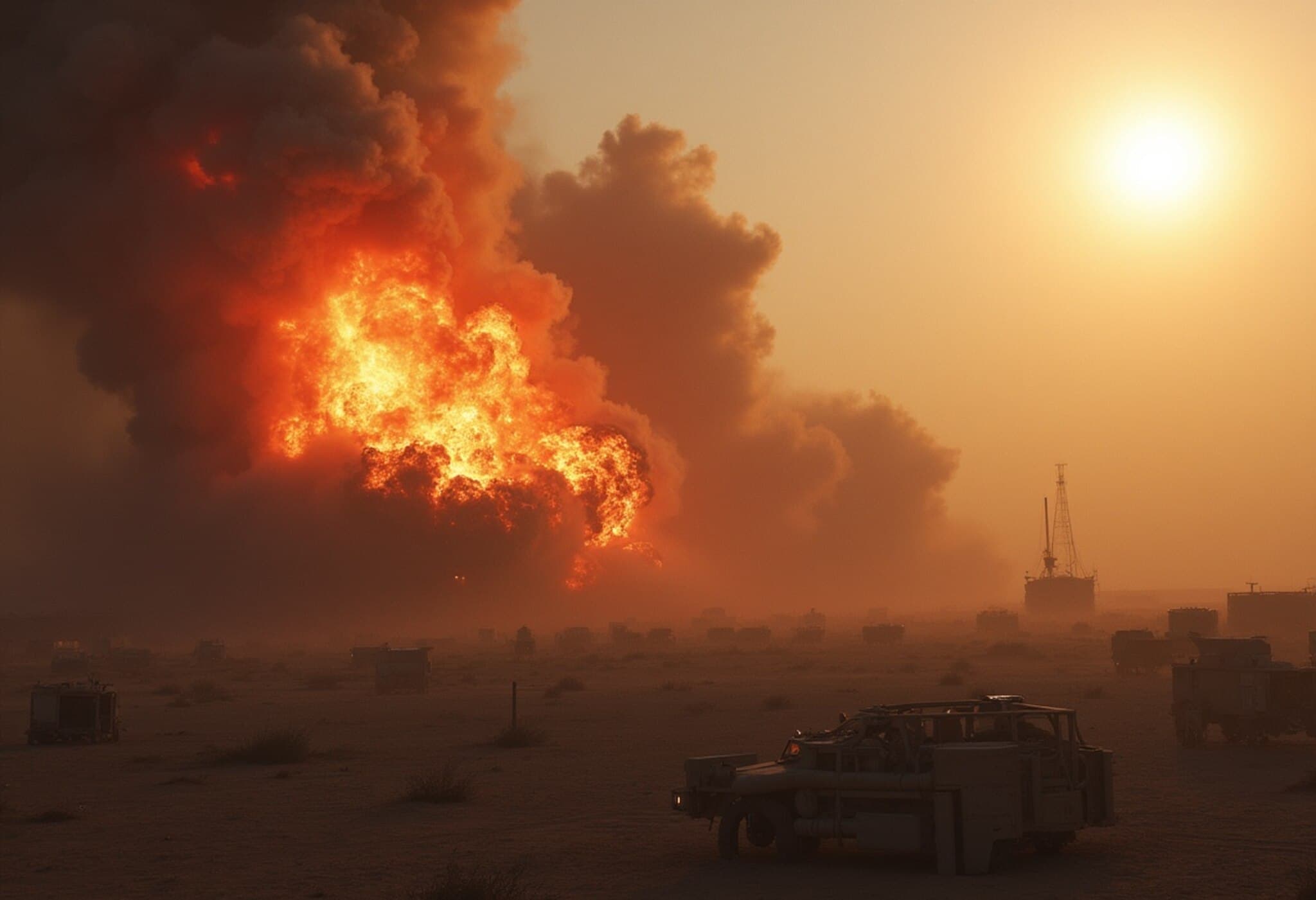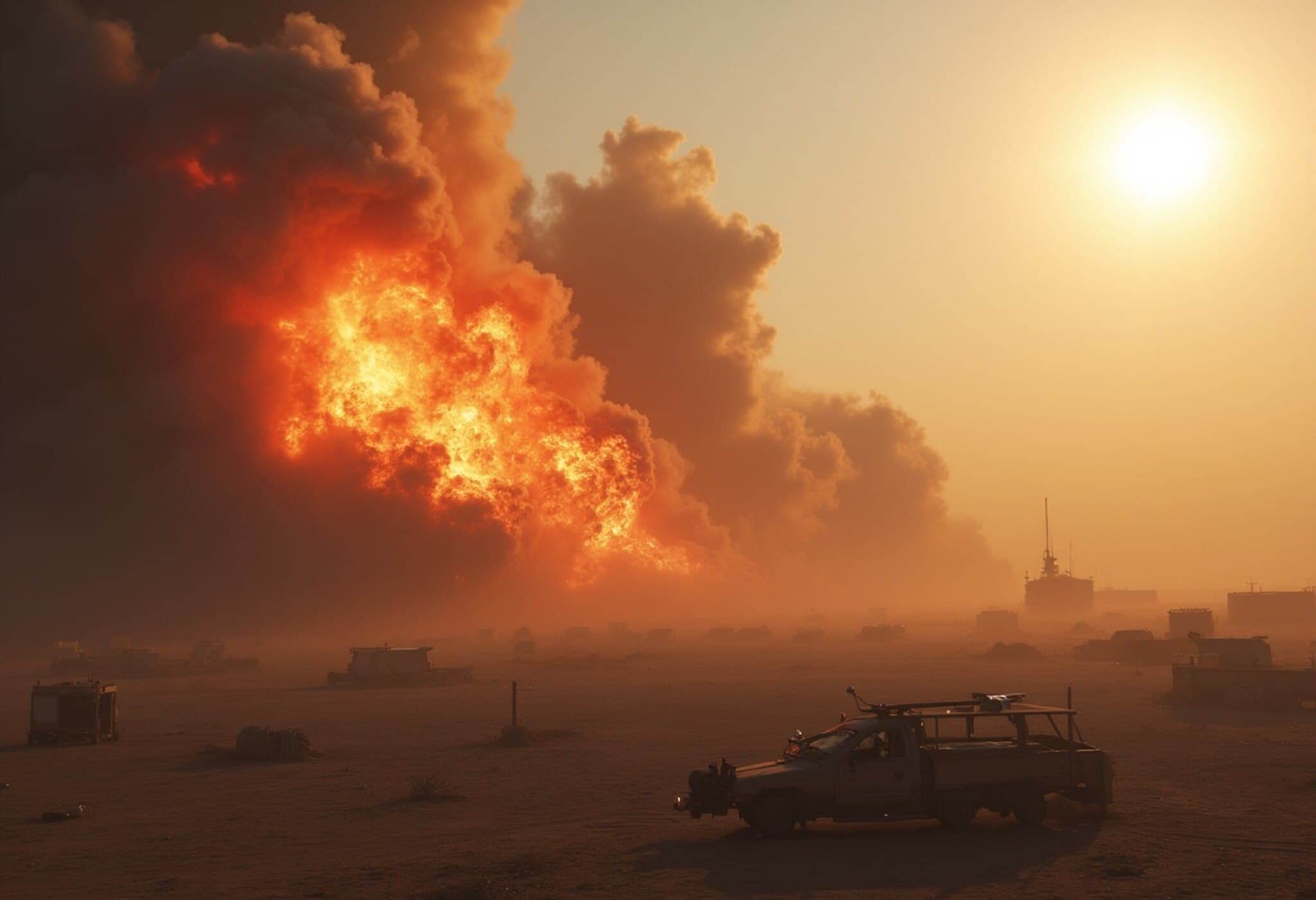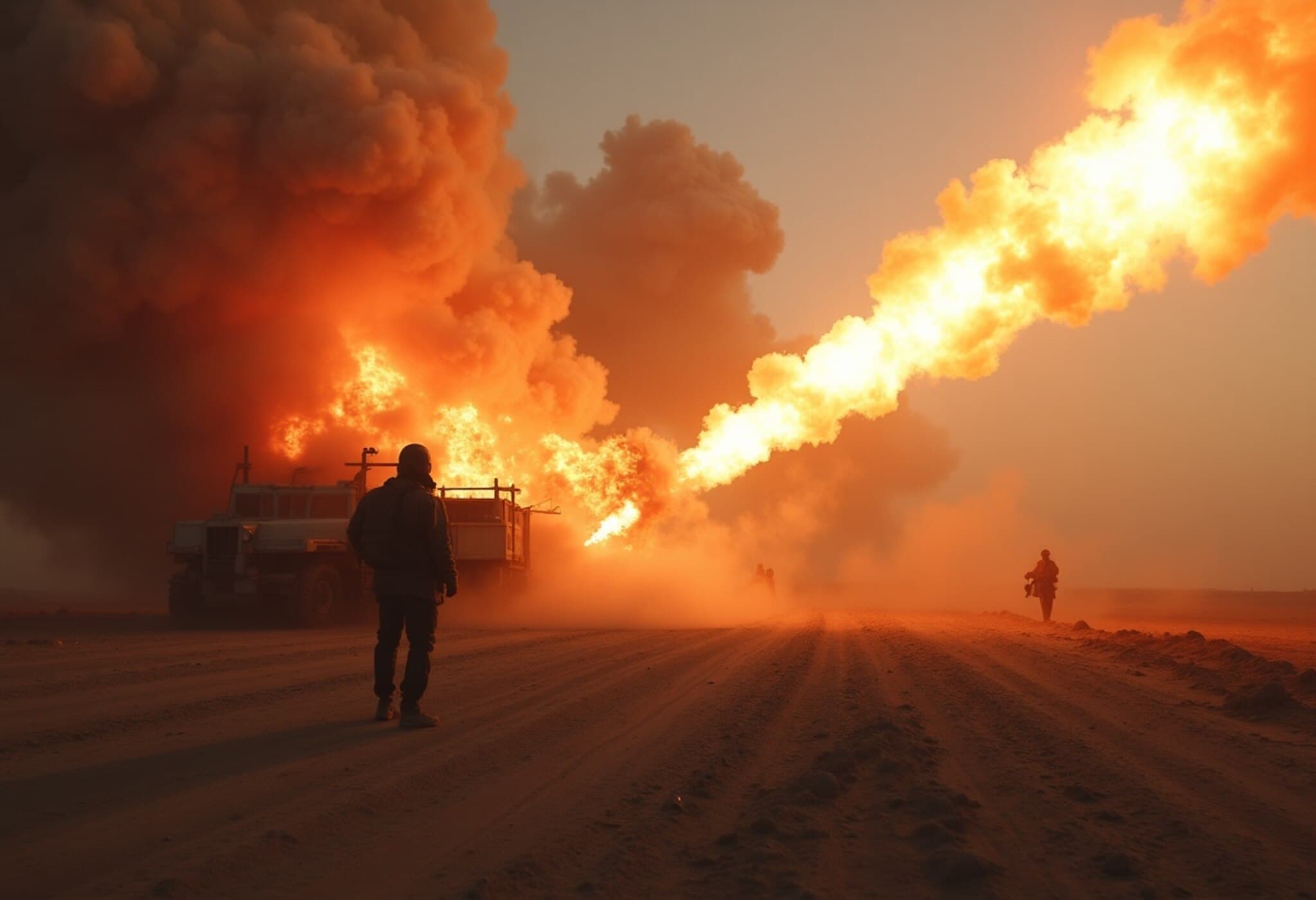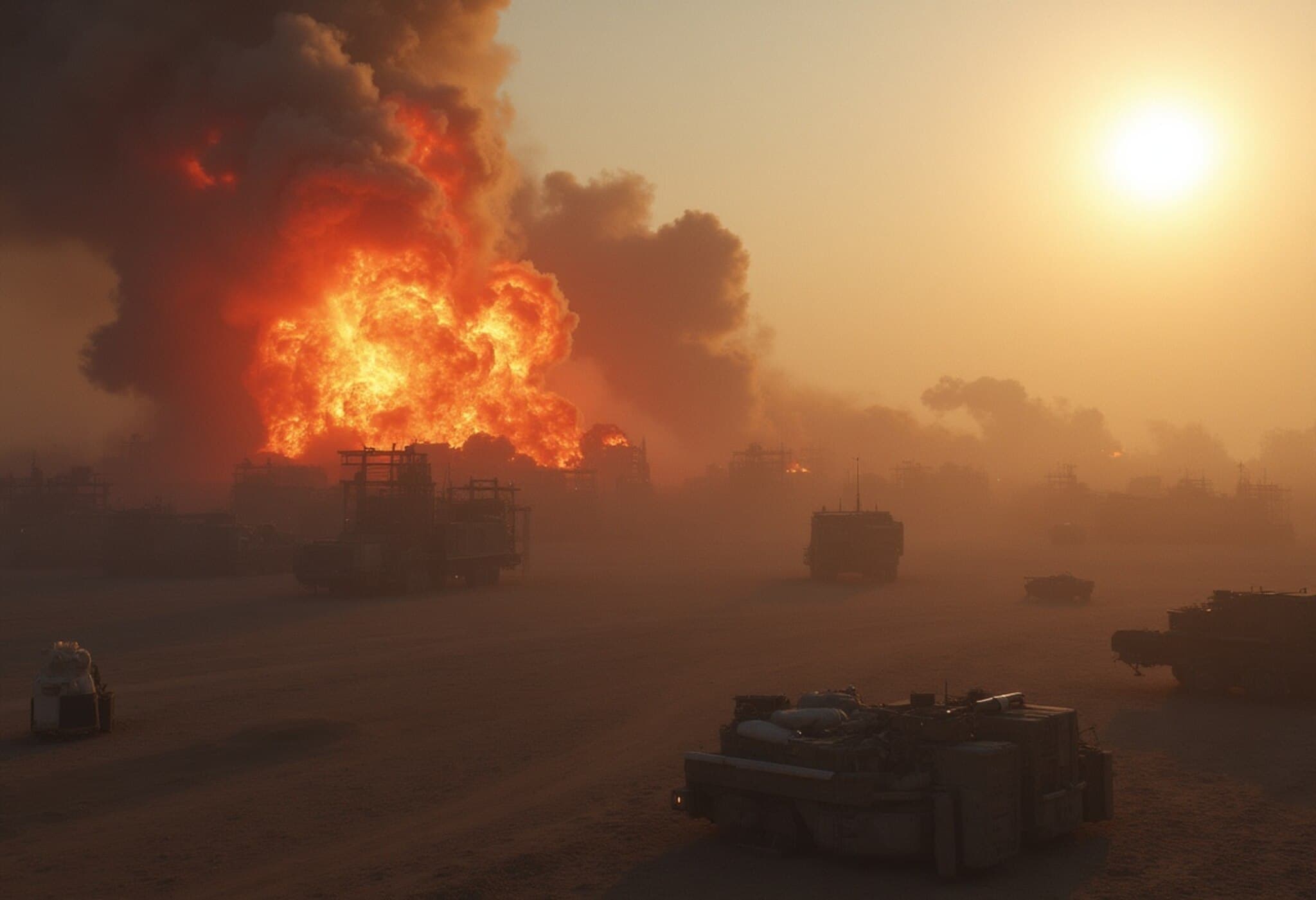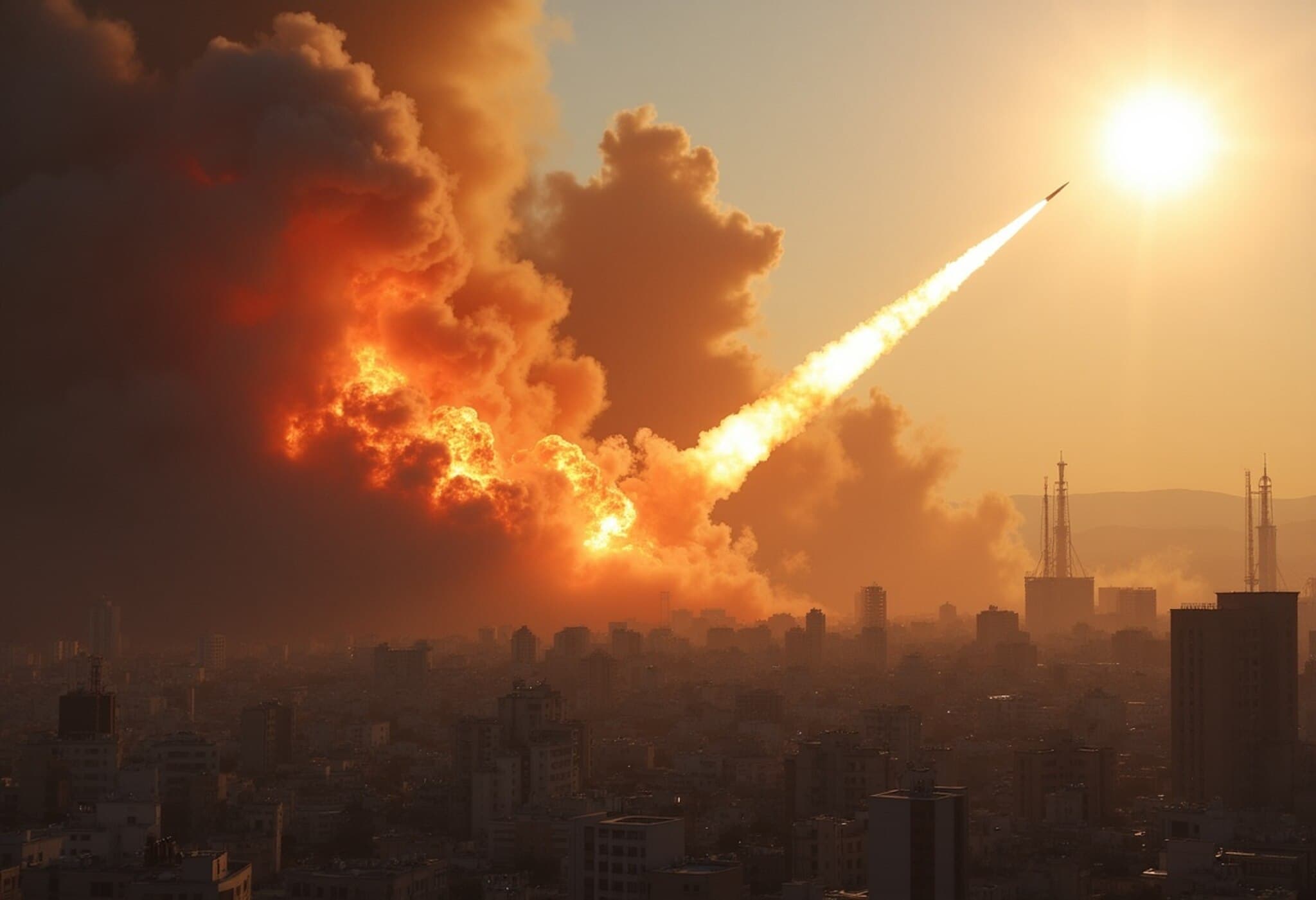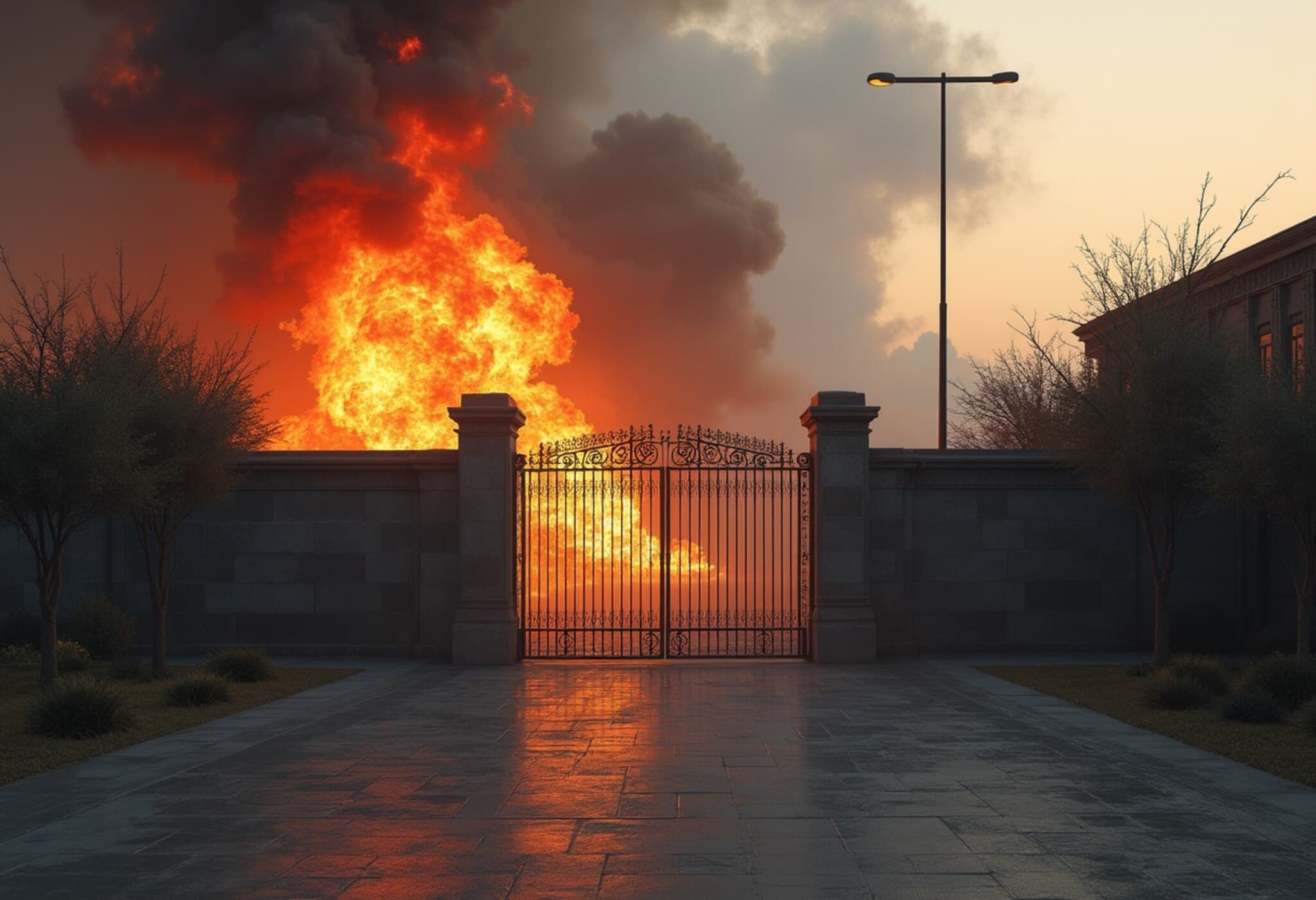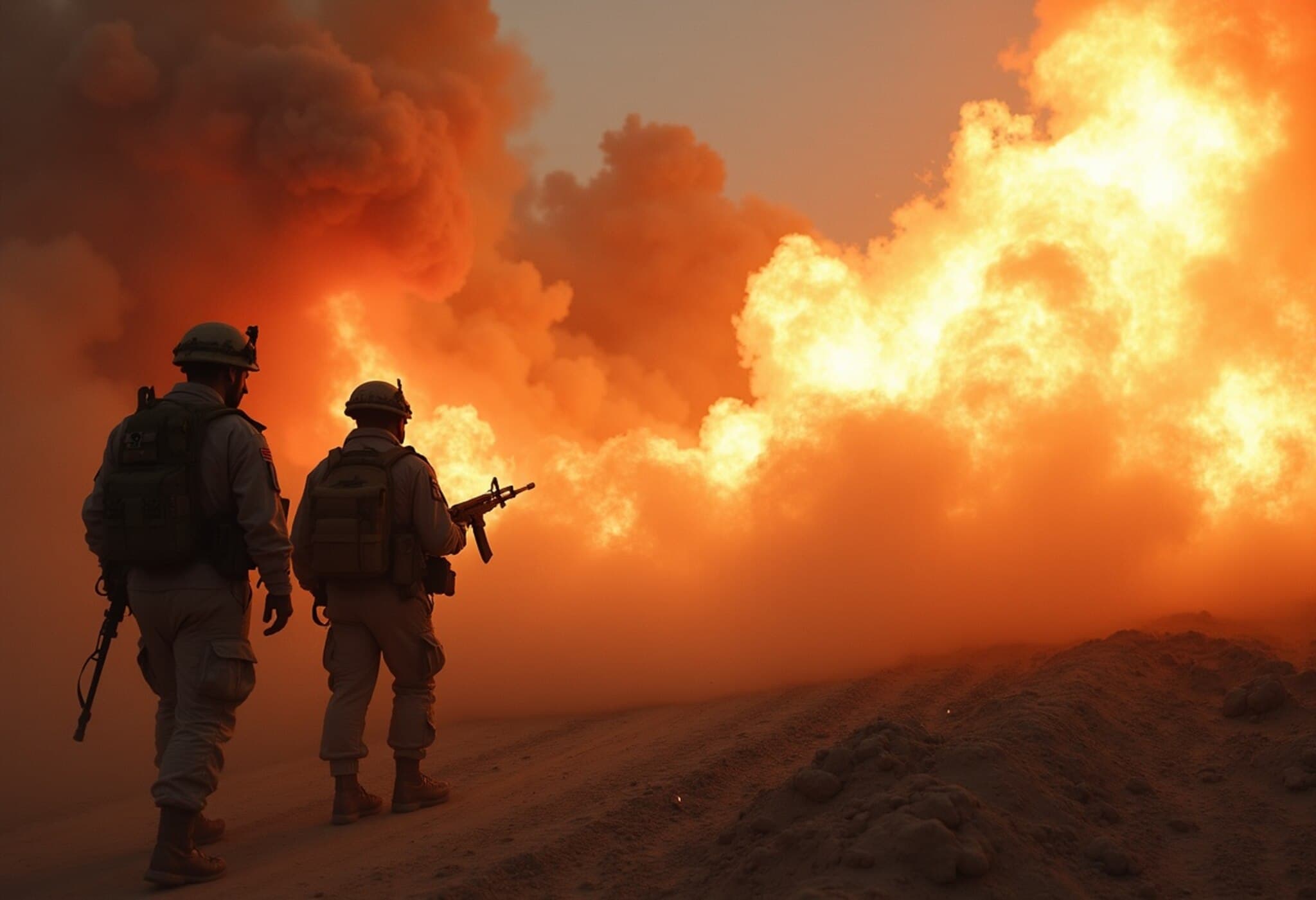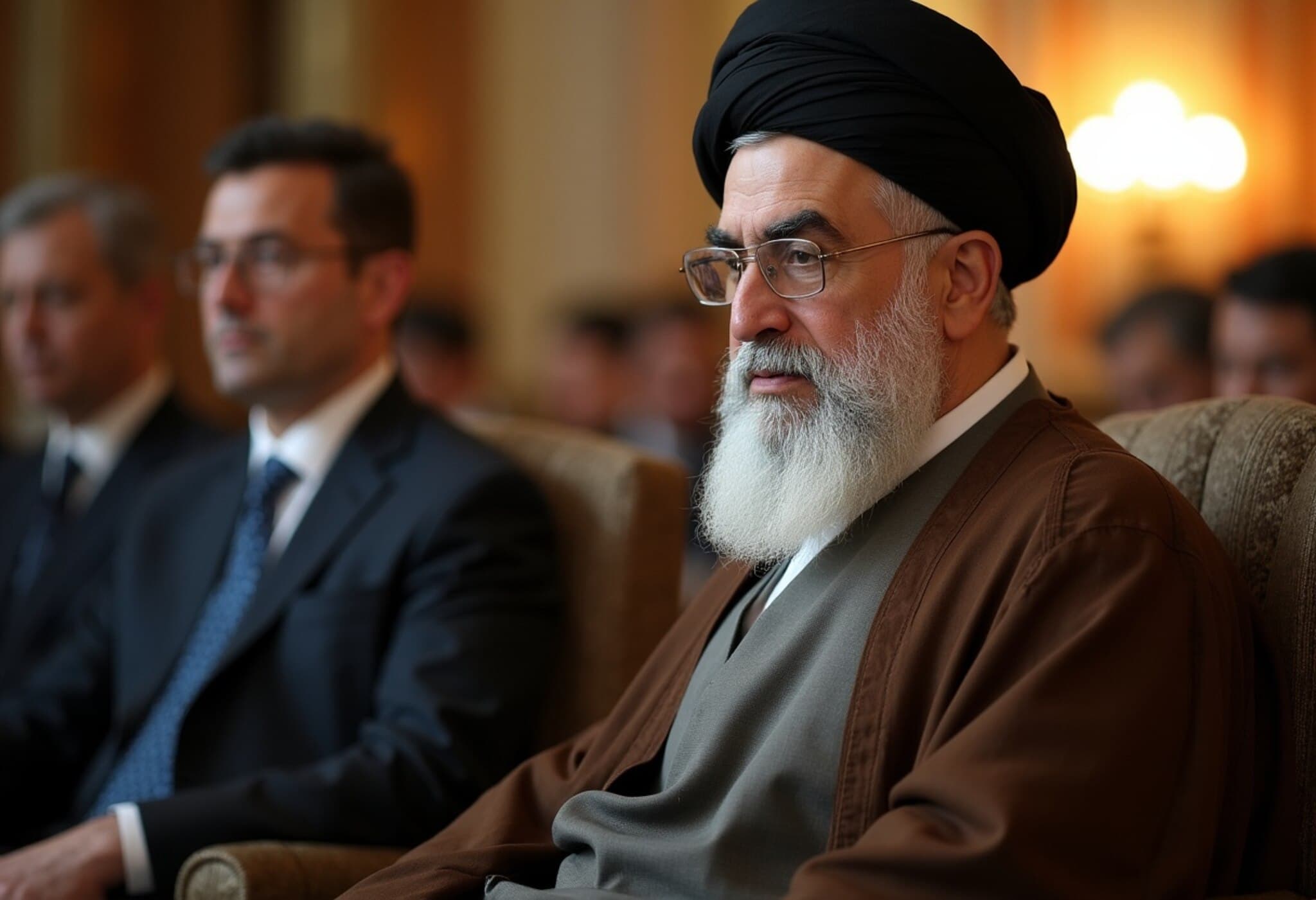Israel Escalates Strikes on Iran's Nuclear Facilities
In a significant intensification of their campaign, Israeli military forces have confirmed a second series of aerial strikes targeting Iran's nuclear infrastructure, focusing particularly on the Isfahan nuclear site. These renewed attacks aim to further disrupt Iran's uranium enrichment process by hitting centrifuge production facilities vital to the nuclear program.
Focus on Isfahan's Centrifuge Infrastructure
The recent operation was described by Israeli officials as a deepening of previous damage inflicted during initial airstrikes conducted on June 13. Isfahan, central to Iran's nuclear ambitions, hosts a uranium conversion facility and a nuclear fuel fabrication plant essential for both civilian and potentially military nuclear activities.
According to military sources, the latest strikes targeted areas involved in the reconversion of enriched uranium, a critical phase preceding the development of nuclear weapons. A visual release from the Israeli Defense Forces showcased the aftermath, underscoring the severity of the damage sustained and affirming the strategic value of this operation.
Operations Extend Beyond Isfahan
Beyond Isfahan, the Israeli air force has also conducted strikes in western Iran and targeted other significant sites such as Natanz and Fordo. These underground facilities are known to play crucial roles in uranium enrichment, particularly involving centrifuge assemblies that are central to increasing uranium’s purity.
The military confirmed that the recent wave of attacks has inflicted severe blows to Iran's centrifuge production capabilities, dealing a substantial setback to the country’s nuclear program.
Iran's Response and Regional Implications
While Iran’s Atomic Energy Organization has acknowledged the strikes, it has downplayed the impact, insisting that there is no substantial damage or radiation threat to the environment. Nonetheless, the ongoing attacks mark a clear escalation in the proxy conflict between Israel and Iran, raising fresh concerns about regional stability.
As the shadow war intensifies, experts warn the consequences could provoke broader geopolitical ramifications, complicating efforts to manage nuclear proliferation in the Middle East.
Summary
- Second wave of Israeli airstrikes targets Iran’s Isfahan nuclear site with focus on centrifuge production.
- Operations also hit key enrichment facilities in Natanz and Fordo.
- The strikes aim to disrupt uranium enrichment critical to both civilian and military nuclear programs.
- Iran downplays damage amid concerns over regional security escalation.


